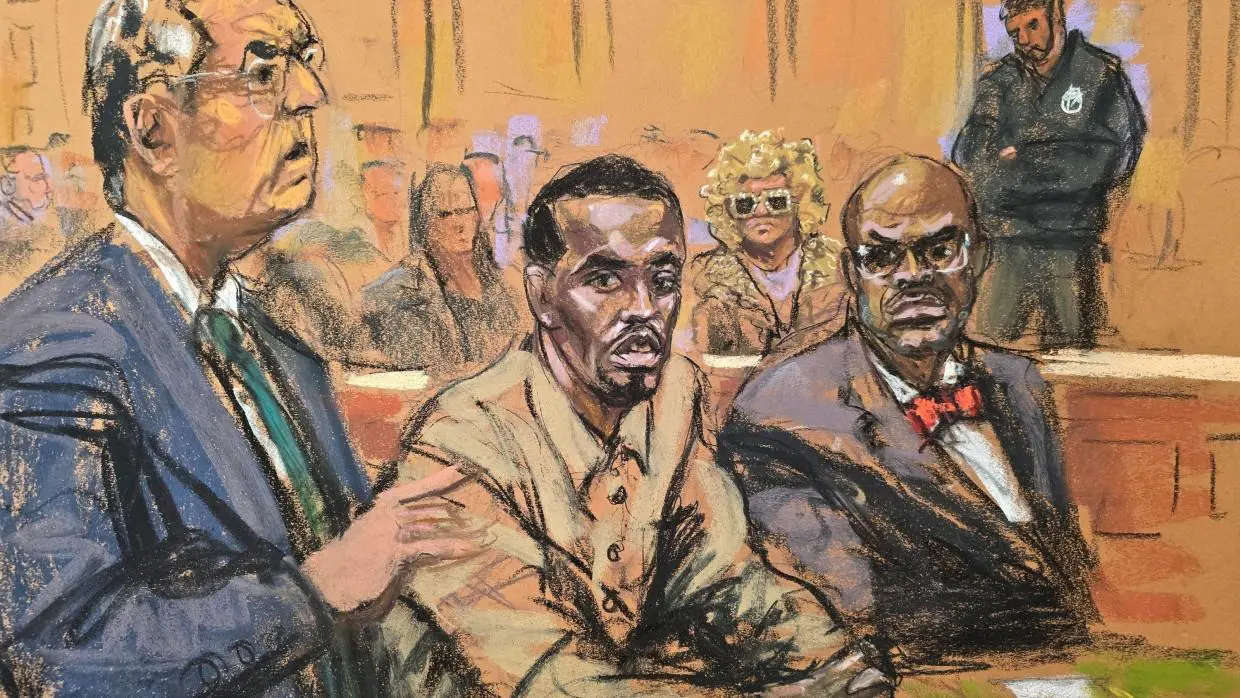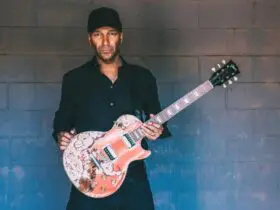The future of civil lawsuits amid a high-profile criminal case
A music executive’s legal battles: A closer look
In the world of music, legal troubles can often overshadow an artist’s or executive’s career. Recently, a prominent music executive has found himself at the center of a high-profile criminal case. This development raises questions about the fate of the various civil lawsuits filed against him over the past year.
The intersection of criminal and civil law
When a high-profile criminal case emerges, it can significantly impact ongoing civil lawsuits. Criminal cases often take precedence due to their nature and the potential for severe penalties, including imprisonment. Civil cases, on the other hand, typically involve disputes between individuals or organizations over rights, obligations, and damages.
In this scenario, the music executive’s criminal case could delay or complicate the resolution of the civil lawsuits. Courts may decide to stay civil proceedings until the criminal case is resolved to avoid any potential conflicts or prejudices that could arise from concurrent litigation.
The nature of the civil lawsuits
The civil lawsuits against the music executive span a range of allegations, from contract disputes to claims of misconduct. Each case presents unique challenges and requires careful legal navigation.
-
Contract disputes: These lawsuits often involve disagreements over the terms and execution of contracts. In the music industry, such disputes can arise from issues like royalty payments, distribution rights, and performance obligations. The resolution of these cases typically hinges on the interpretation of contractual language and the evidence presented by both parties.
-
Claims of misconduct: Allegations of misconduct can be particularly damaging to a music executive’s reputation and career. These claims may involve accusations of harassment, discrimination, or other unethical behavior. The burden of proof in civil cases is lower than in criminal cases, meaning that plaintiffs only need to demonstrate that it is more likely than not that the misconduct occurred.
The impact on the music industry
The outcome of the music executive’s legal battles could have far-reaching implications for the music industry. High-profile cases often set precedents and influence industry standards and practices. For instance, if the executive is found guilty in the criminal case, it could lead to increased scrutiny and stricter regulations within the industry.
Moreover, the resolution of the civil lawsuits could result in significant financial settlements or judgments. These outcomes can affect the executive’s business operations and relationships with artists, labels, and other industry stakeholders.
Expert analysis: Navigating legal complexities
Legal experts emphasize the importance of understanding the interplay between criminal and civil law in such cases. Criminal defense attorneys and civil litigators must work closely to ensure that their strategies are aligned and that their client’s rights are protected in both arenas.
One key consideration is the potential for self-incrimination. Statements made in civil proceedings can be used against the defendant in the criminal case, and vice versa. Therefore, legal teams must carefully manage their client’s communications and actions to avoid jeopardizing either case.
Industry reflections: Learning from the past
The music industry has seen its share of legal controversies over the years. From disputes over intellectual property to allegations of personal misconduct, these cases often serve as cautionary tales for industry professionals.
Reflecting on past cases, industry insiders note the importance of maintaining ethical standards and transparent practices. By fostering a culture of accountability and respect, the industry can mitigate the risk of legal disputes and protect its reputation.
Building trust through transparency
For the music executive at the center of these legal battles, rebuilding trust will be a critical challenge. Transparency and accountability will be key to restoring relationships with artists, partners, and fans.
In the wake of legal controversies, many executives and organizations have implemented compliance programs and training initiatives to promote ethical behavior and prevent future issues. These efforts can help to rebuild trust and demonstrate a commitment to integrity.
Conclusion: A complex legal landscape
As the music executive navigates his high-profile criminal case and the various civil lawsuits, the industry will be watching closely. The outcomes of these legal battles will not only impact the executive’s future but also set important precedents for the music industry as a whole.
For more information on the music executive’s legal battles, visit Music Executive Legal Battles.
By understanding the complexities of these cases and learning from past experiences, the industry can continue to evolve and uphold the highest standards of professionalism and ethics.
















